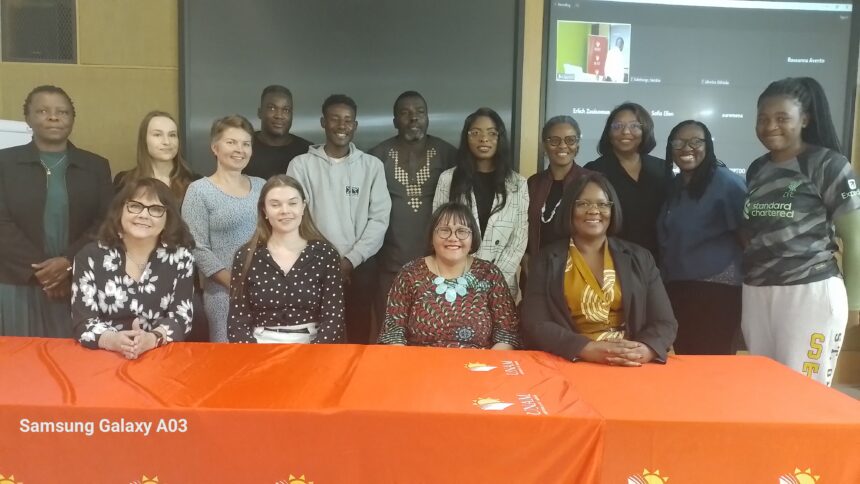Iuze Mukube
Despite the Namibian government’s interventions through the Constitution and various other laws such as the Combating of Rape Act, incidents of family violence continue unabated.
In a joint effort to combat and raise awareness of this kind of violence, the University of Namibia and the University of Eastern Finland launched a video on early intervention in family violence last week.
Referring to the Namibian Police records, Vice Chancellor of the University of Namibia Kenneth Matengu said women are the most affected by violence (86%), which is perpetrated by men (93%).
“Women and girls are overwhelmingly targeted by rape, accounting for 92% to 94% of complainants in reported rape cases. One-third of rape victims are below the age of 18 years,” he noted.
Nevertheless, the chancellor pointed out that the number of actual rapes and incidents of violence may be much higher, as survivors often do not report due to fear of reprisal from the perpetrator, family pressure, self-blame as well as other societal stigma and discrimination.
He continued: “Studies that assess the attitudes of Namibians towards family violence show that some Namibians still believe that family violence is a private matter that needs to be handled within the family”.
Alma Pyymäki, team assistant at the Embassy of Finland, stated that family violence affects families worldwide, and poses a shared challenge for both Finland and Namibia.
“Families and individuals affected by this issue continue to suffer from increased vulnerability to poor mental and physical health, along with the burdens of stigma and isolation,” she said.
As such, the video is “instrumental in raising awareness among younger generations and equipping them with the tools to address these issues within their respective communities”.
Meanwhile, the University of Eastern Finland’s senior lecturer, Kaarina Mönkkönen, stated that tackling family violence requires multi-professional collaboration from different disciplines.
“So, we consider it important to empower students from different disciplines with the necessary knowledge and skills to competently deal with sensitive situations,” she added. -mukubeiuze@gmail.com



